Throughout my years of coaching, from Hollywood celebs to BootCampers and friends, one of the most popular questions posed to me is none other than “What should I eat AFTER a workout?” So let’s start with this one!
You’ve burned a bunch of calories, you’ve sweated out toxins, and you’re full of feel-good endorphins. What next? Is there a secret to the perfect post-workout meal?
In truth though, the question is not “what should I eat after a workout” but rather “should I eat after a workout?”
Indeed, after a workout, the first and best thing to do is to drink water – not too much, too fast – but consistently. The body needs to replenish its water stores since so much is released as sweat while exercising. If you’ve had a really intense workout, recover with electrolyte-loaded beverages like coconut water, which is rich in potassium and low in sugars and acids. Potassium is a key player in rehydration because, together with sodium, magnesium and calcium, it helps maintain fluid balance in the body. Potassium is also essential for smooth muscle contraction, and can help prevent muscle cramps.
Yes, it’s true – no food is absolutely necessary right away, unless you are about to begin a very intense physical activity. In this case, opt for a low-glycemic mini meal to keep your blood sugar levels stabilized and ensure that you store less energy as fat at your next proper meal. Some balanced low-GI post-workout options: hummus + wholegrain pita, OR plain yogurt OR kefir + Stevia OR 1 cup of strawberries + 1 slice of wholegrain bread + 1 tsp cream cheese.
So, if your workout session was on the lighter side and assuming you’re not jumping into anything high-energy right away, you can enjoy your next proper meal as long as 2 hours after your workout. When you do, go for a balance of high-quality protein and grains as we recommend in our LeBootCamp menus :).
Now, if you’ve just emerged from a long or very high-intensity workout, you’ll want to eat within the hour – primarily protein (plant, fish or animal) as well as some quality carbs. Nancy Cohen, Professor at the University of Massachusetts’ Department of Nutrition suggests 1 to 1.2 grams of carbohydrate per kg of body weight per hour for four to six hours, along with 15 to 25 grams of protein.
As you can see, whether to eat and what to eat right after a workout truly depends on the intensity and duration of your workout as well as how much energy your next activity demands.
What about food or drink BEFORE and DURING my workout?
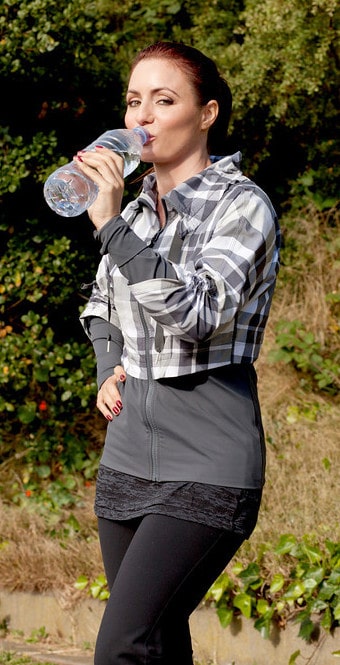
That said, of course, while you are exercising you will be losing water, which is why it is recommended to drink very small amounts in the session – not too much, because we want to gradually replenish in a progressive manner so that our bodies can absorb it: about 8 oz of water for every 10-15 minutes that you’re working out. Don’t “chug” while you’re exercising as this is too intense while you are being physically active.
Note that the body produces a lot of toxins as a byproduct of exercising, among them lactic acid which is responsible for muscle soreness. These toxins are best eliminated through a “higher than usual” unsweetened fluid intake, as well as appropriate pre-workout warm-up and post-workout stretching. Hence if you don’t drink enough you will experience more muscle soreness after your workout.
Now, as far as food goes, if you are planning to exercise for more than an hour, serious research conducted at the University of Sydney showed that consuming quality carbs before you work out can enhance endurance exercise performance. UMass Professor Nancy Cohen suggests eating some carbohydrates about 1 to 4 hours before your session, and if you’re working out for up to 2.5 hours, she suggests 30 grams of carbs per hour to keep you going (say, an apple after your first hour if you plan to continue). The general consensus is to prefer drinking over eating during your workout, as food in the stomach can create discomfort while exercising.
There is, however, a benefit to working out on empty – assuming you are not going to exercise for more than about 30 mins. Several medical studies (Lariboisière Hospital, Paris, in 2002; Kansas State University in 1995) have proven that you can lose weight effectively when you exercise on an empty stomach simply because you are using stored fat to expend the energy necessary to contract your muscles. These studies show that even if you burn the same calories for the same duration in both instances, when you exercise on an empty stomach you will burn 67% of fat, as opposed to 50% when you exercise on a nonempty stomach.
Why so? When exercising on an empty stomach, the body maintains stable blood sugar levels by pumping out energy from fat stores throughout the body (from your “saddlebags,” for instance). This is because the primary fat store in our liver has been used up during the night to ensure our organs are nourished properly and to maintain a stable glycemic level. This process is optimized when you perform moderate exercise on an empty stomach for a limited time. This is why LeBootCamp promotes a daily 30-min walk – after your morning lemon juice and Sobacha but before breakfast.
Note: practicing any fitness routine on an empty stomach can have adverse effects if you go beyond 30 minutes, or if you push yourself too hard by going too fast. Since your own sugar reserves are limited, if you exercise with too much intensity you will produce more toxins in your body. Indeed, if glucose is missing, our nerve cells will satisfy themselves with a replacement source of energy called ketone bodies, produced by the degradation of fatty acids (lipids). When present in large quantities, ketone bodies become toxic waste for our body, potentially leading to kidney problems or poor recuperation. To avoid any of the above problems, and still glean the benefits of moderate exercise on an empty stomach, LeBootCamp recommends a leisurely 30-minute morning walk or any other cardio activity for the same duration.
Want more tips on how to work out and shed weight in the most balanced way? You can have a coach by your side 24/7…join me for more on LeBootCamp!
Tags: BootCampers carbs coach coaching diet electrolytes exercise fitness glycemic index health hydration lebootcamp post workout post workout meal protein Valerie Orsoni water weight loss workout





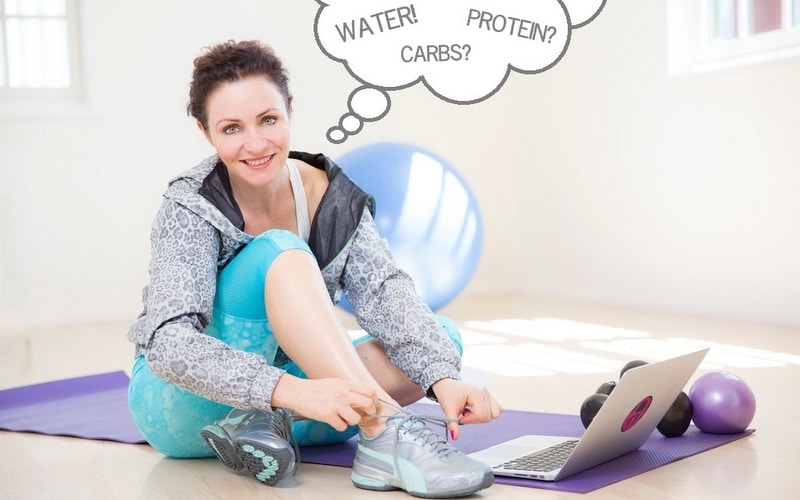









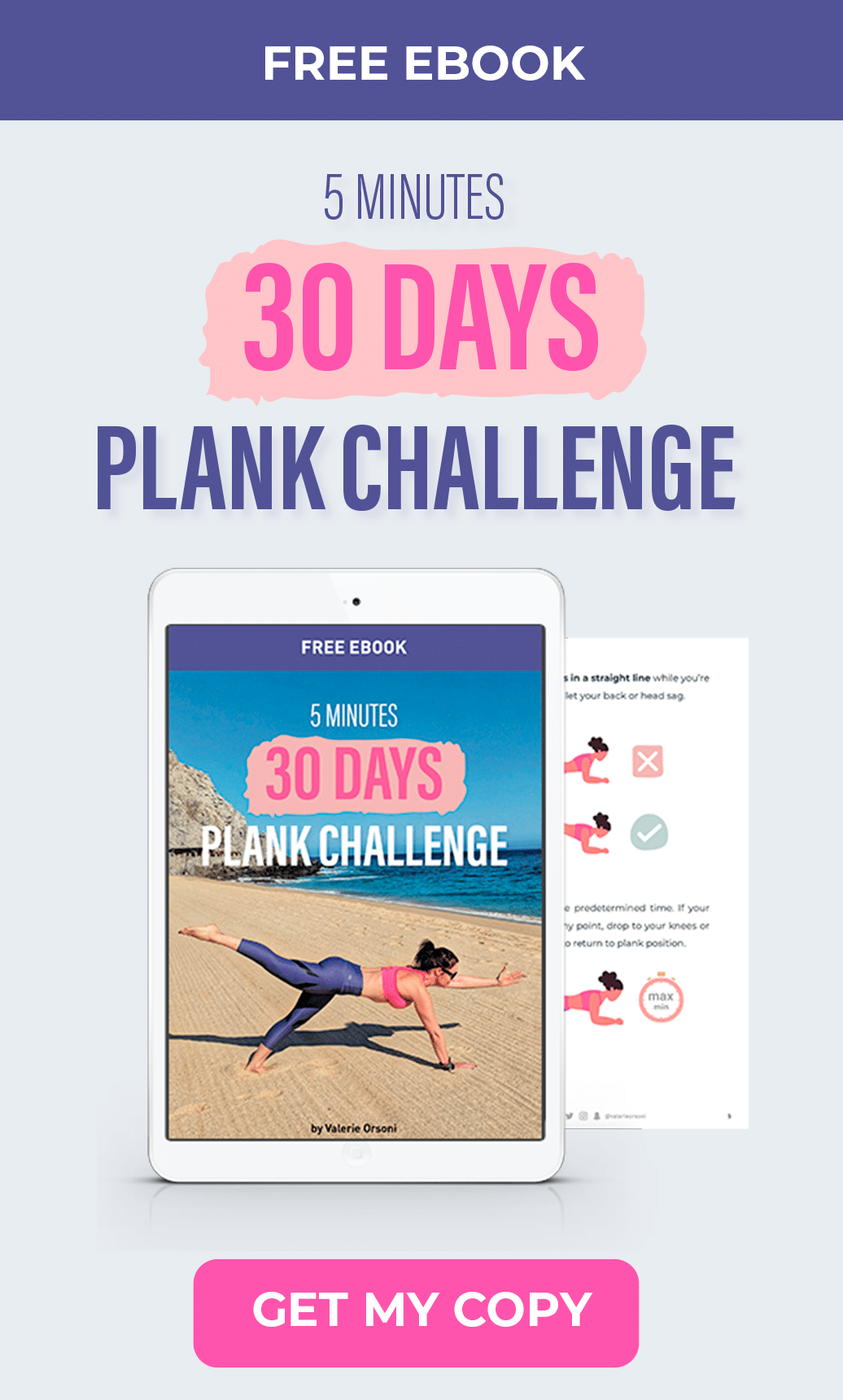

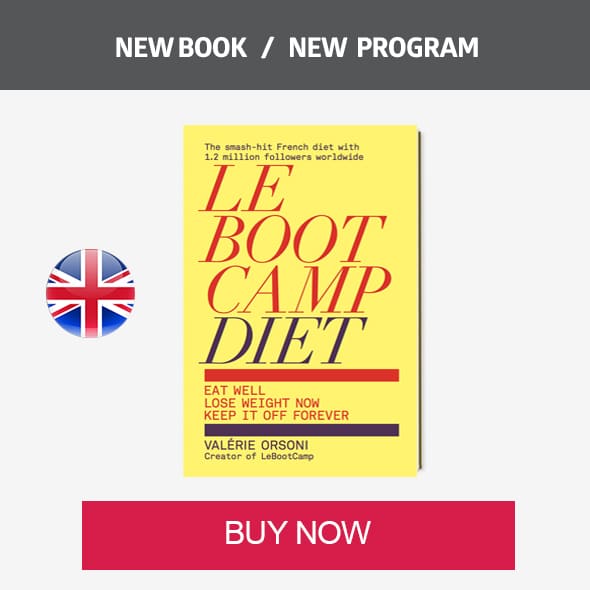


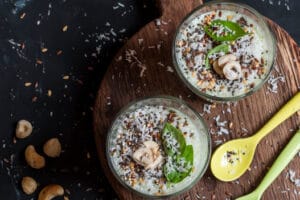



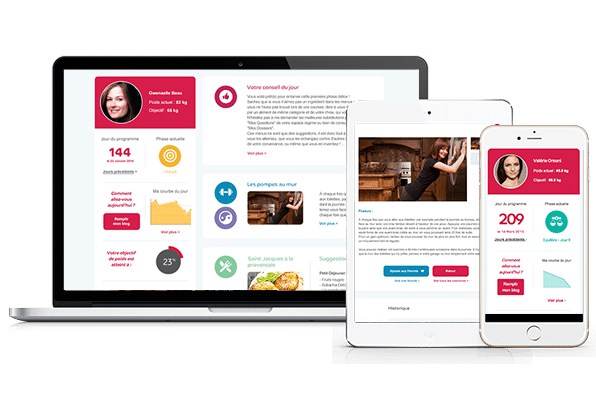
Leave a Reply